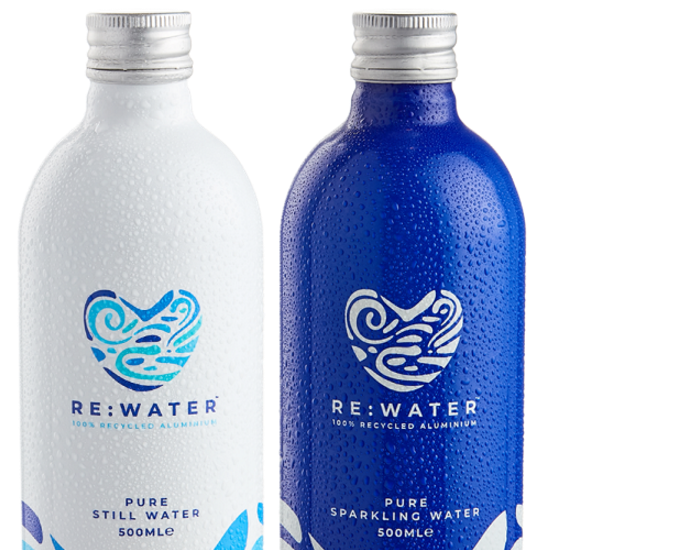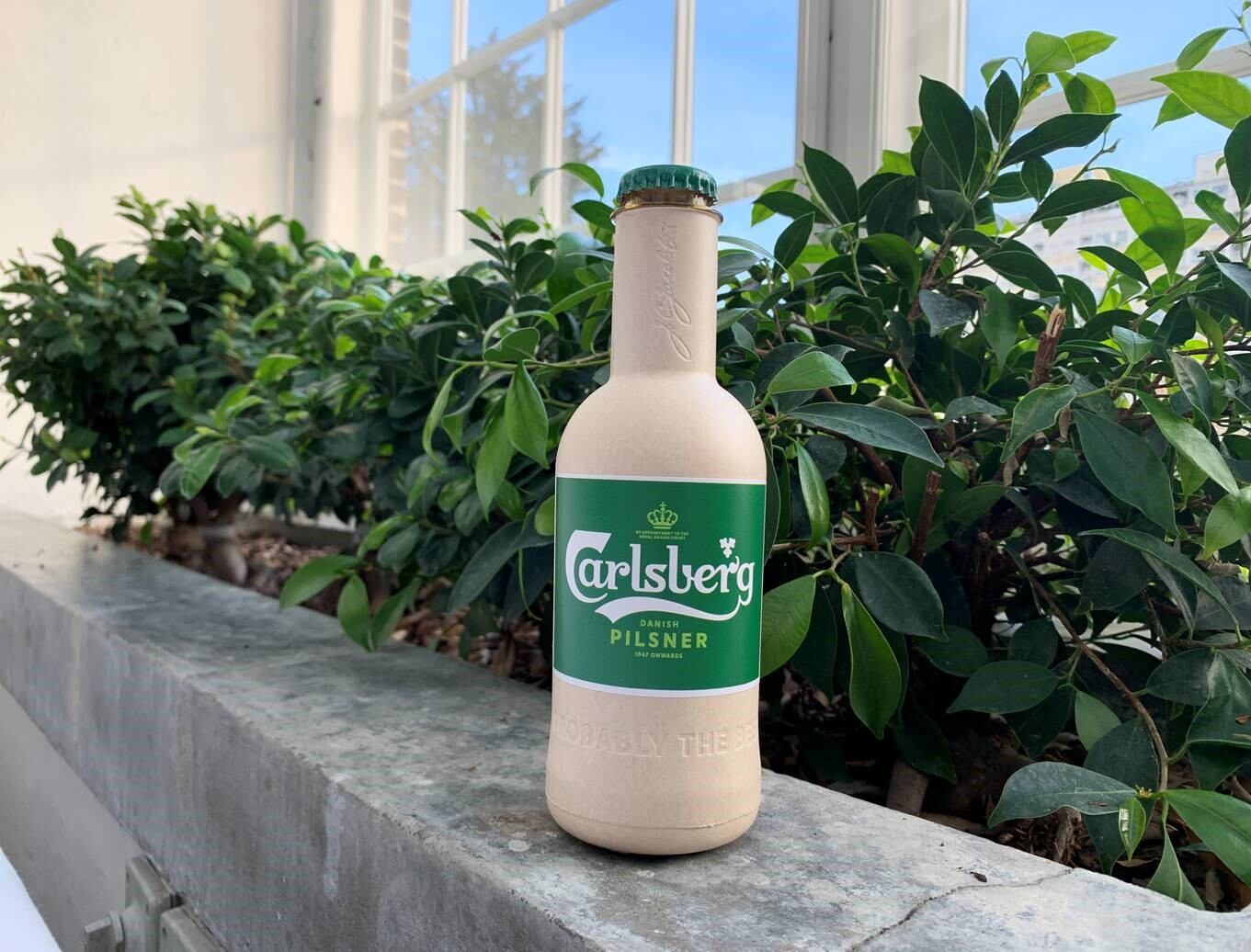The food industry wants to find a solution to the problem of the dramatic rise in the production of throwaway plastics that are failing to be contained, controlled, reused and recycled.
According to researchers at the University of Edinburgh, low cost and low intensity technologies to valorise post-consumer plastic waste are urgently required to tackle the plastic waste crisis and enable a circular economy.
The scientists thus set out to develop new methods to recycle polyethylene terephthalate (PET) – the strong, lightweight plastic derived from non-renewable materials such as oil and gas – and which is widely used for packaging foods and convenience-sized juices and water.
Around 50 million tonnes of PET waste is produced annually, causing serious economic and environmental impacts. PET recycling is “possible”, but “existing processes create products that continue to contribute to plastic pollution worldwide”, the researchers wrote in a new study.
To tackle the problem, the researchers discovered that the common bacteria E. coli can be deployed as a sustainable way to convert post-consumer plastic into vanillin -- the primary component of extracted vanilla beans and is responsible for the characteristic taste and smell of vanilla.
The team also demonstrated how the technique works by converting a used plastic bottle into vanillin by adding the E. coli to the degraded plastic waste.
Vanillin is widely used in the food and cosmetics industries, as well as in the formulation of herbicides, antifoaming agents and cleaning products. Global demand for vanillin was in excess of 37,000 tonnes in 2018.
The researchers said that the vanillin produced would be fit for human consumption but further experimental tests are required.
The transformation could boost the circular economy, which aims to eliminate waste, keep products and materials in use and have positive impacts for synthetic biology, the researchers said, adding that the work challenges the perception of plastic being a problematic waste and instead demonstrates its use as a new carbon resource from which high value products can be obtained.
“This is the first example of using a biological system to upcycle plastic waste into a valuable industrial chemical and this has very exciting implications for the circular economy,” said Joanna SadlerFirst author and BBSRC Discovery Fellow, School of Biological Sciences, University of Edinburgh. “The results from our research have major implications for the field of plastic sustainability and demonstrate the power of synthetic biology to address real-world challenges.
Dr Ellis Crawford, Publishing Editor at the Royal Society of Chemistry, added: “This is a really interesting use of microbial science at the molecular level to improve sustainability and work towards a circular economy. Using microbes to turn waste plastics, which are harmful to the environment, into an important commodity and platform molecule with broad applications in cosmetics and food is a beautiful demonstration of green chemistry.”
Consumers demand green alternatives
The study comes as a poll of over 2,000 adults in the UK – where a Plastic Packaging Tax April rolls out in 2022 – found more than eight-in-ten would rather their food was wrapped in compostable packaging than in traditional plastic. The poll was carried out by compostable materials producer TIPA. It complained the Plastic Packaging Tax does not make allowances for compostable packaging solutions countries, such as Italy, Ireland and Japan, which have enacted policies promoting compostable materials.
Sian Sutherland, Co-Founder of campaigner A Plastic Planet said: “There is not one silver bullet solution to our plastic crisis; instead there will be a myriad of alternatives as we switch to better, more sustainable materials and systems. Consumers have rightly recognised that there is a place for compostable materials in our future.
“When compostables are used as a conduit to take food waste into the food waste and composting system, this is a double whammy win for the environment. They help us create more compost for our hungry soils and they help reduce plastic pollution of our soil. What doesn't make sense is for Ministers to persist with policies that fail to recognise the beneficial uses of compostables and treat them in exactly the same way as conventional plastics that do nothing but harm to our soils and our ocean.”
Reference
Microbial synthesis of vanillin from waste poly(ethylene terephthalate)
Green Chemistry
Joanna C. Sadler and Stephen Wallace




